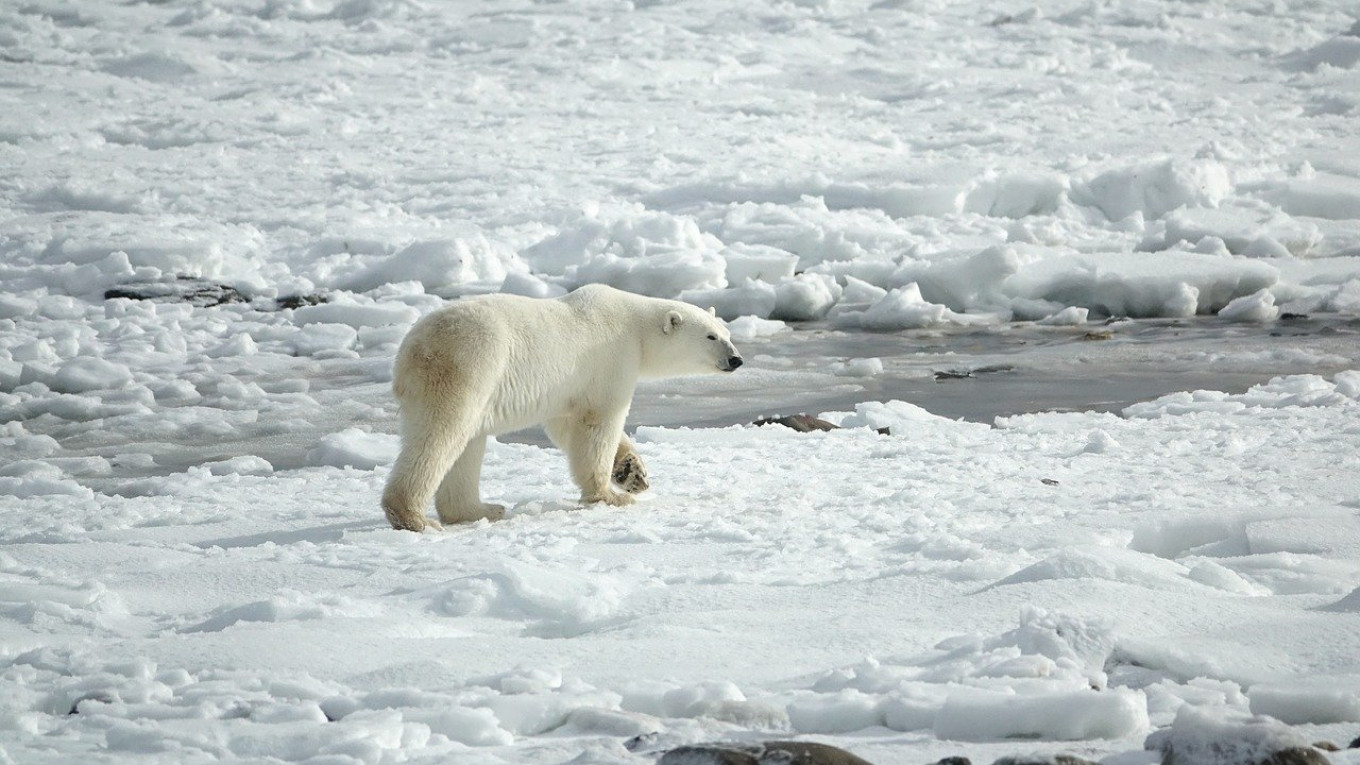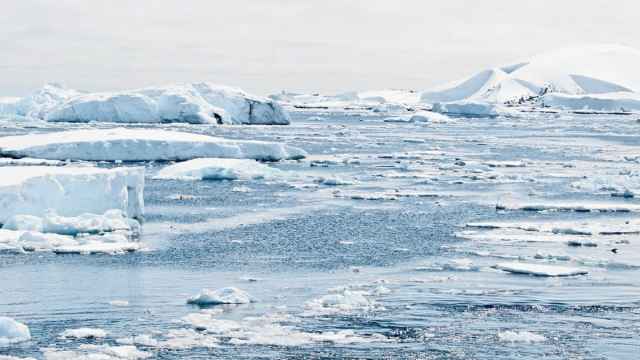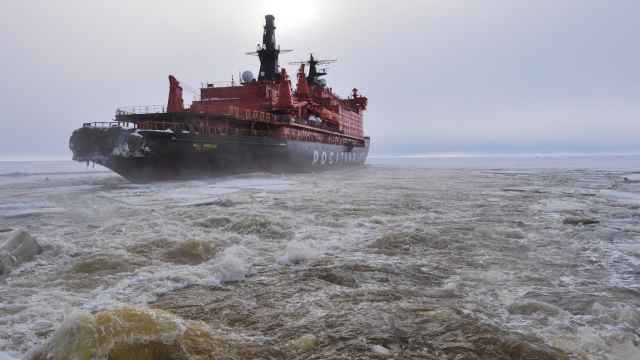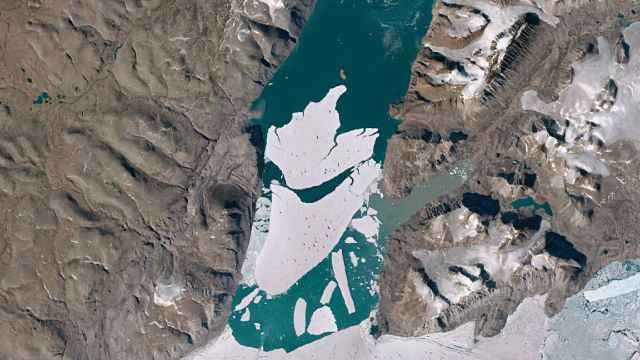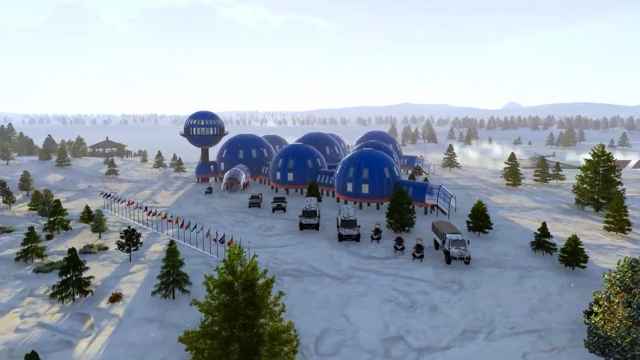The Arctic will likely lose its summertime ice cover by 2050 even if current levels of CO2 emissions are significantly cut, a new study published in the American Geophysical Union’s journal has warned.
Climate change has reduced sea ice coverage in the Arctic Ocean in recent decades, with 2019 tying with 2012 for having the second-lowest ice cover in recorded history. Ice in Russia’s Arctic waters disappeared last summer, freeing up the shipping lane known as the Northern Sea Route which is coveted by the Russian government.
“In most simulations, the Arctic Ocean becomes practically sea ice-free... in September for the first time before the year 2050,” said the authors of the latest study, which is based on 40 of the latest models.
Previous research in 2013 forecast that the Arctic would become ice-free by 2050.
“Ice-free” generally refers to perennial ice broken into fragments totaling an area less than 1 million square kilometers.
“If we keep global warming below 2 [degrees Celsius], Arctic sea ice will nevertheless likely disappear occasionally in summer even before 2050,” The Guardian quoted Dirk Notz, the study’s lead author, as saying.
“This really surprised us,” Notz was quoted as saying.
Co-author Ed Blockley said another surprising finding was the emergence of ice-free winters in the Arctic if CO2 emissions remain high.
“A winter ice-free event would be catastrophic, for some wildlife species [like polar bears] for example, that live and hunt around sea ice,” he was quoted as saying.
Russia, whose economy heavily depends on oil and gas, has been slow to take steps to reduce its carbon emissions and is the world's fourth-largest greenhouse gas emitter.
Earlier this year, the government published a plan of action that outlines 29 broad measures to both mitigate damage and take advantage of opportunities created by climate change.
A Message from The Moscow Times:
Dear readers,
We are facing unprecedented challenges. Russia's Prosecutor General's Office has designated The Moscow Times as an "undesirable" organization, criminalizing our work and putting our staff at risk of prosecution. This follows our earlier unjust labeling as a "foreign agent."
These actions are direct attempts to silence independent journalism in Russia. The authorities claim our work "discredits the decisions of the Russian leadership." We see things differently: we strive to provide accurate, unbiased reporting on Russia.
We, the journalists of The Moscow Times, refuse to be silenced. But to continue our work, we need your help.
Your support, no matter how small, makes a world of difference. If you can, please support us monthly starting from just $2. It's quick to set up, and every contribution makes a significant impact.
By supporting The Moscow Times, you're defending open, independent journalism in the face of repression. Thank you for standing with us.
Remind me later.


